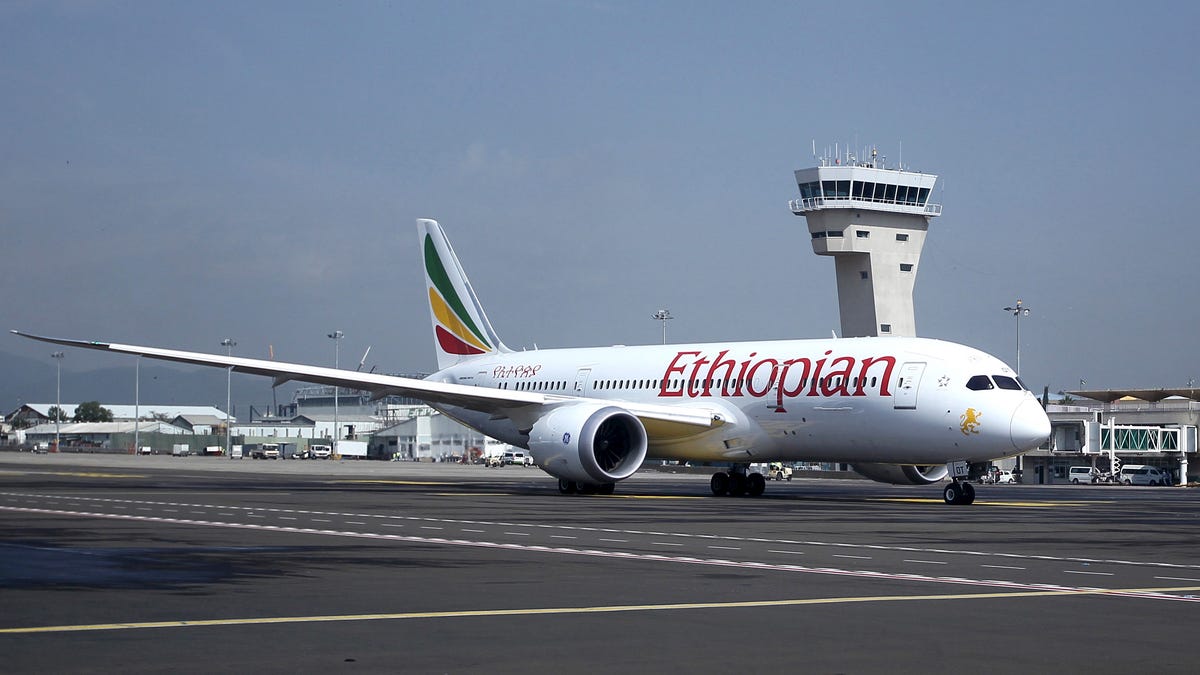The airline plans to purchase 41 more Boeing 737-8 Max planes
“Once bitten, twice shy,” doesn’t really apply to Africa’s biggest carrier, Ethiopian Airlines. Amid this year’s Dubai Air Show, the company has announced that it has ordered 20 planes of the Boeing 737-8 Max—the same model that killed 157 people six minutes after taking off from Ethiopia’s capital Addis Ababa in March 2019.
Five months earlier, a similar plane—the Lion Air 737 Max—crashed in Indonesia’s Java Sea, causing 189 instant fatalities. In both cases, investigators determined sensor malfunctions to be the cause.
Boeing admitted full responsibility for the malfunctions. The accidents led to the grounding of 737 Max models for two years; flights were resumed in June 2021.
Why is Ethiopian Airlines buying 737-8 Max planes?
Most airlines have since avoided purchasing the aircraft, with only 30 out of the world’s 5,000 airlines flying it. But Ethiopian Airlines thinks adding the model to its fleet makes business sense—despite travelers citing fears of flying in the 737 Max since the 2019 accident. “We have renewed our confidence in that aircraft,” CEO Mesfin Tasew told the press in Dubai. “We believe we have checked and confirmed that the design defect of that aircraft has been fully corrected by Boeing.”
Tasew also said Ethiopian Airlines would purchase 21 more 737 Max planes in the near future. It demonstrates, he added in a press release, the company’s commitment “to serve passengers with the latest technologically advanced airplanes.” The airline said in the release it is purchasing the model because it “reduces fuel use and emissions by 20%” while minimizing noise by 50% compared to the planes it will replace.” But returning to the plane hasn’t been without controversy for Ethiopian Airlines in the past, particularly among families of crash victims.
read more: https://qz.com/ethiopian-airlines-boeing-737-max-faa-fatal-accident-1851028514



I know the entire story. I’m also a pilot who has flown Boeing aircraft, a trained aviation mishap investigator and flight safety officer. It was a slightly sloppy job done by Boeing consistent with FAA guidelines and oversight. It could have been done better but it was absolutely sufficient for standard ops. The only issue was when substandardly/proficient pilots had an issue. The jets were flyable and recoverable.
Claiming a lot of expertise for a person who has posted nothing but verifiable horse shit in this whole thread.